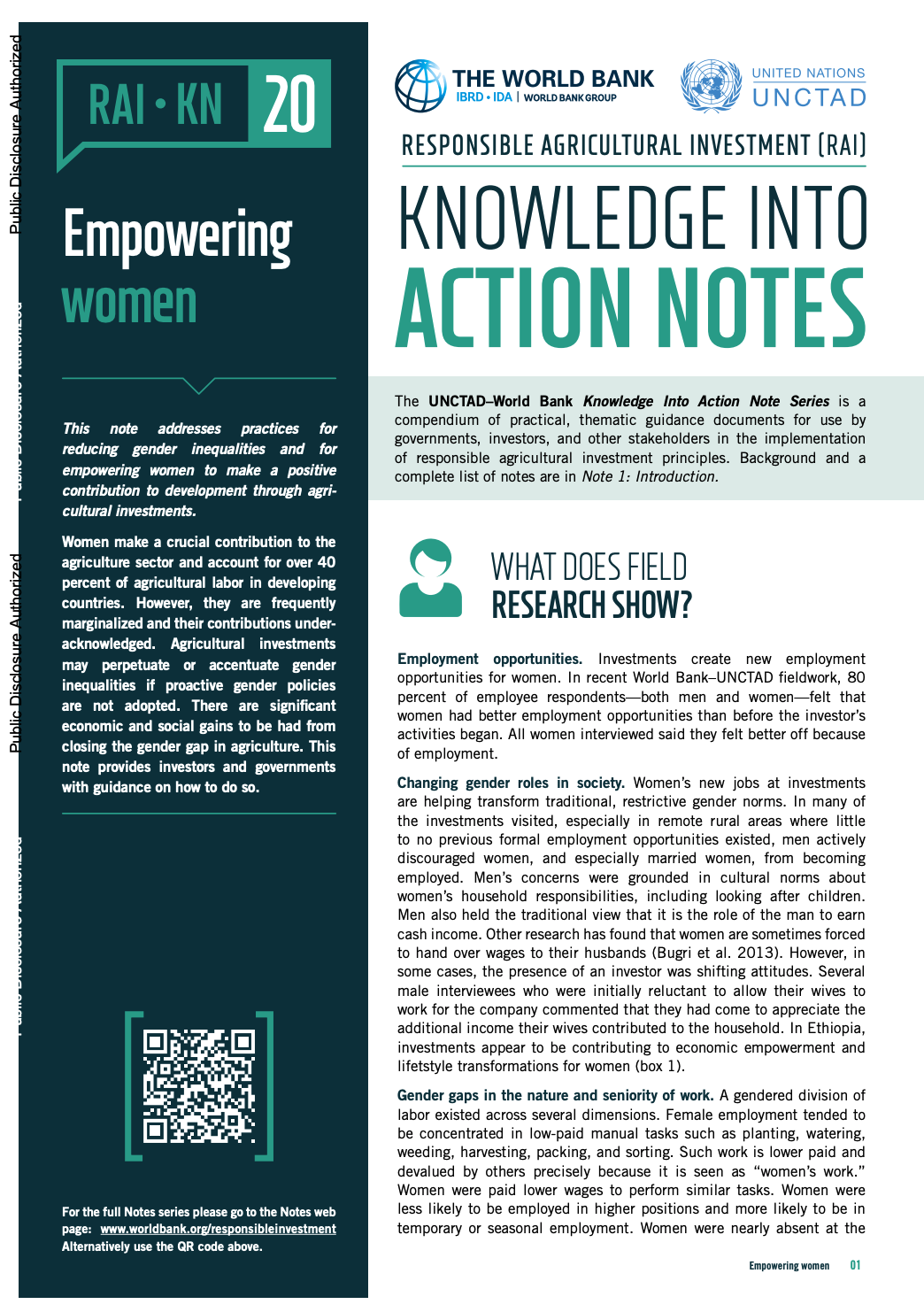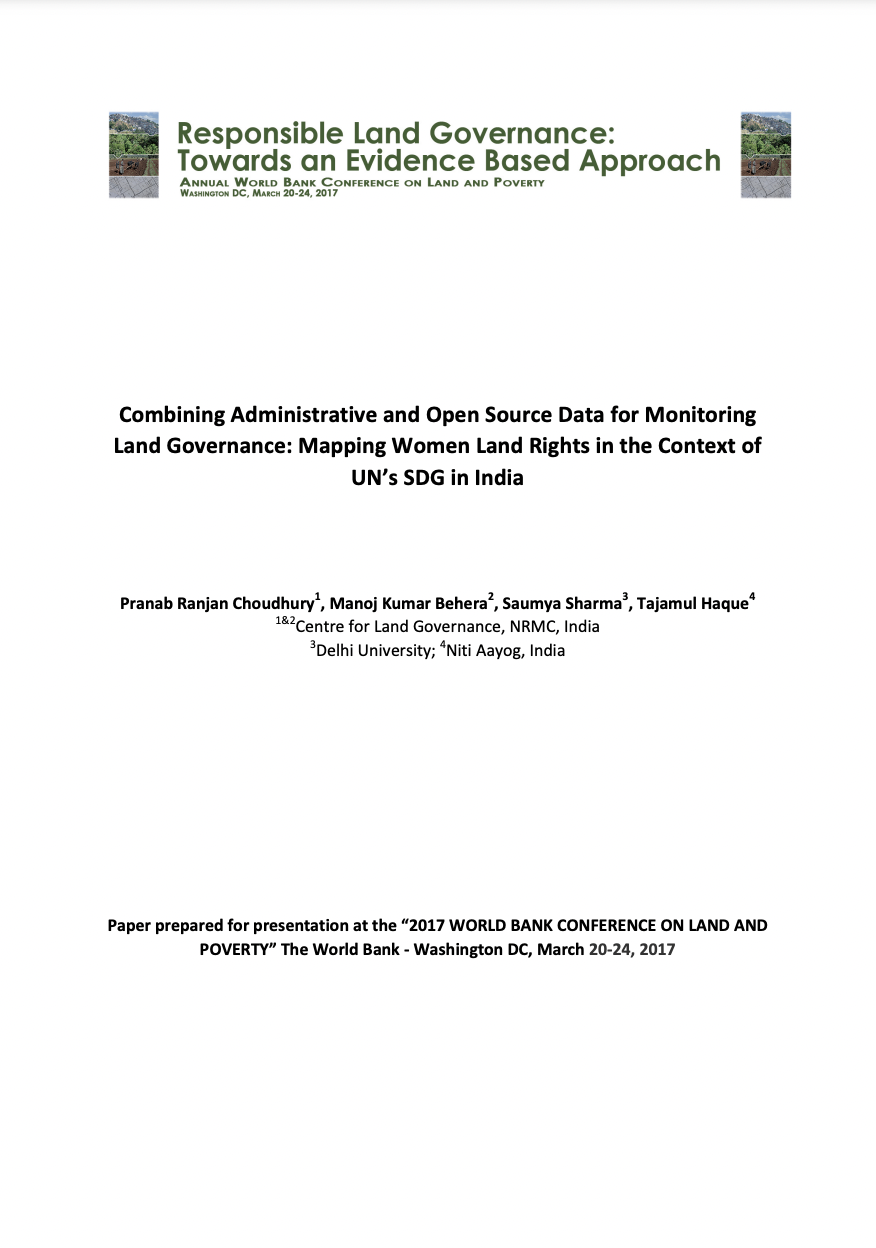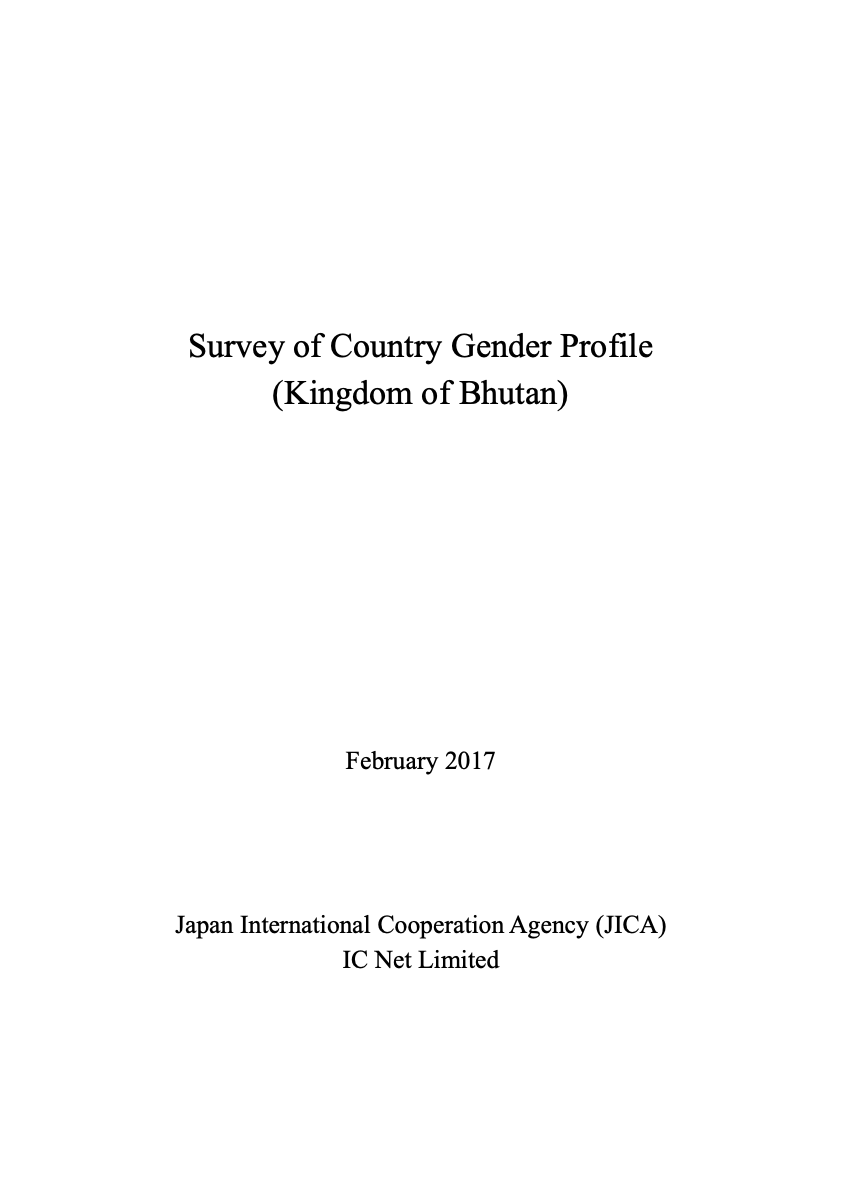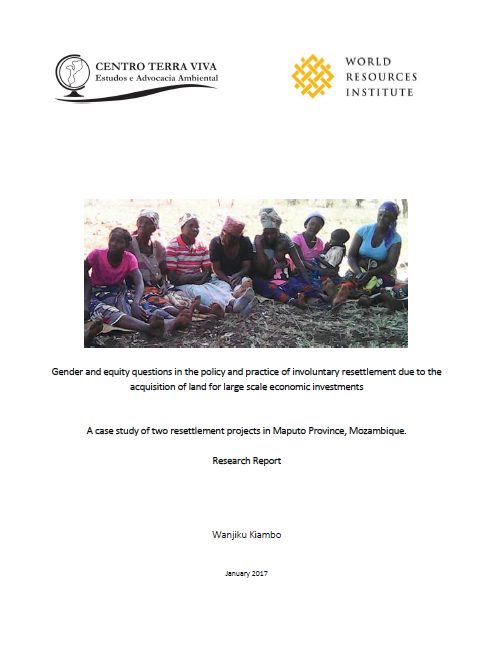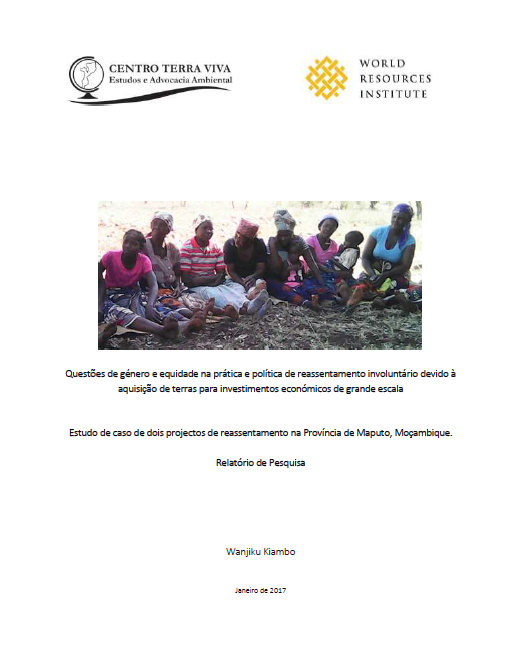UN Methodological Guidelines on the Production of Statistics on Asset Ownership from a Gender Perspective
The present publication provides national statistical agencies and policy makers with guidance on collecting, processing, analysing and disseminating individual-level data on asset ownership and control for the production of gender statistics. Although agricultural surveys and administrative data sources are briefly addressed, the focus of the guidelines is on household surveys for two key reasons.


